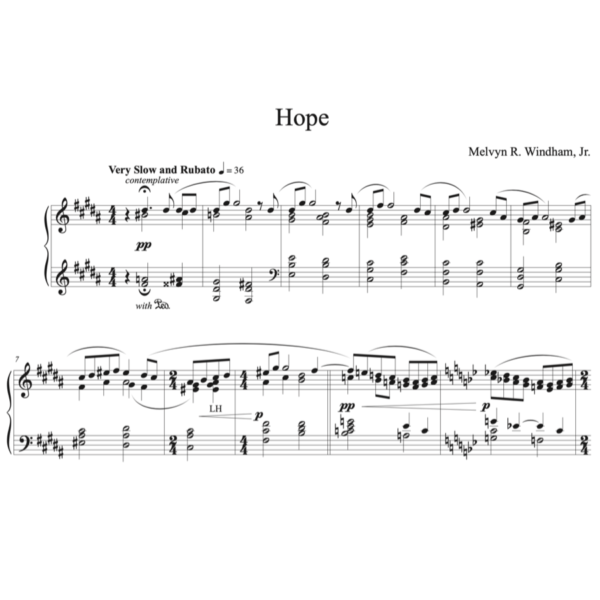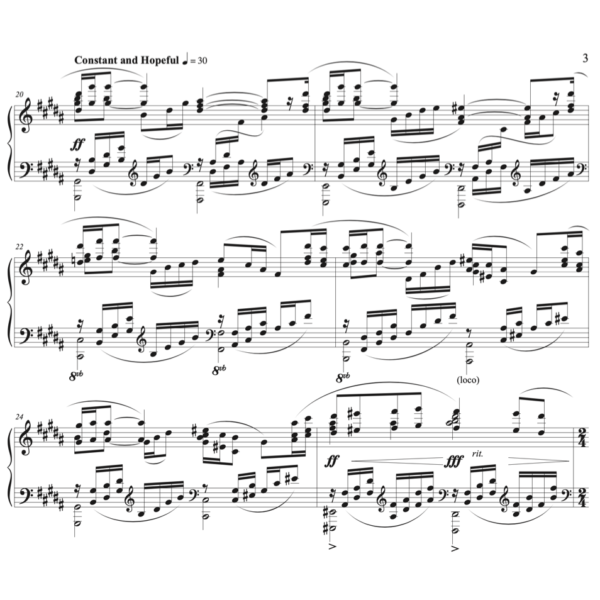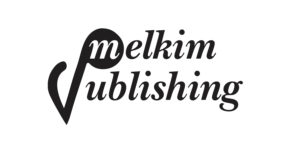Your cart is currently empty!
Hope by Mel Windham
 I’d like to introduce a new piano piece that I wrote called “Hope.” Over this past year, I was concerned about the direction the world seems to be heading. The epidemic was sickening and killing people, and political pressures were dividing us all, bringing many to anger and violence. Many pointing fingers at each other, and hardly anyone working together.
I’d like to introduce a new piano piece that I wrote called “Hope.” Over this past year, I was concerned about the direction the world seems to be heading. The epidemic was sickening and killing people, and political pressures were dividing us all, bringing many to anger and violence. Many pointing fingers at each other, and hardly anyone working together.
In all the negativity, it seems so easy to lose hope — to give up, because how could things ever get better?
So, what better way could I contribute than to provide a piece for free? I went through my own personal library and found this piece I had written seven years ago — part of my upcoming “Waves of Sand” collection, and I realized it was perfect.
You can hear it here. Go ahead and start listening while you read.
It starts in a minor key — kind of sad, but pretty at the same time. Capturing the sadness around us all. It’s slow, inviting the listener to contemplate. Is this what we want in the world? But yet a bright melody as if saying — wait, there’s hope.
There is a way. Happy thoughts lead to a quietness, but then it builds. Yes — everything is sadness around us, but we can push through it. We can emerge stronger. We can come together and survive this. We can succeed.
And by the end, everything gets better. When everyone sees the light, happiness persists — like sunlight emerging after a storm.
It’s a short piece, but I hope it brings you hope. You can download it for free. And then you can help bring others hope.
It’s not exactly an easy piece … G#-minor. But I found it fun to work up. It’s meant to lead into an ethereal high sparkly piece, but I haven’t composed that one yet.

Just be patient as you read through it. It’s a slow piece. Enjoy it as you play. Use plenty of pedal. The second page is the most difficult part — I’ve written in my personal hand assignments, but don’t be afraid to switch up which notes the left hand gets and which ones the right hand gets.
I almost had to memorize this more difficult section — after a while, it becomes natural. You want to keep these sixteenth notes running at a more constant rate — with determination.
The last part (Like Before) is more of a quiet afterthought, moving to F#-major. I have no idea why it goes there — I think it was heading to the key of the next piece, but it seems to work. It sounds happy.
If you’re worried about those 15 eighth notes in the next-to-last measure, don’t fret too much — play it freely. It’s not supposed to be rigid. Just a little magic at the end.
This also makes the very first free Melkim Classical piece. If you like this piece, make sure to check out other “secular” pieces I’ve written. And also check out my friend, Daniel Carter’s “Little Sonata in C,” which I found fun to play. You can browse all of our Melkim Classical pieces here.
Either way, I hope you enjoy this piece.
by
Tags:

Leave a Reply